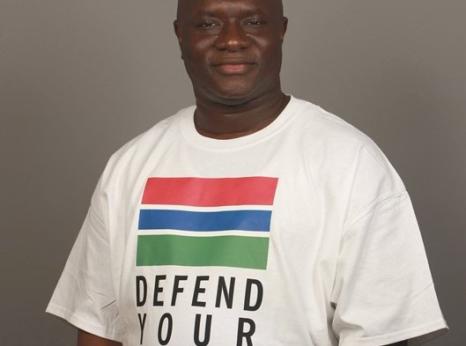Gambia: Human Rights Defender At Risk In Gambia

The President’s accusations against Madi Jobarteh were made during his annual meeting with the Banjul Muslim Elders for Koriteh on 2 May 2022 at the State House. Madi Jobarteh was accused of being a troublemaker and bringing violence to the country. These accusations appear to be in response to a social media post Madi Jobarteh made on 20 April. In the post, he called for the removal of the Minister of Lands, Musa Drammeh, because of alleged mismanagement of public lands. A few weeks before this post, the government confirmed some state lands had been allocated to the Vice President, several government ministers as well as private individuals after a leaked document circulated on social media. The government claims to have respected the law in doing so.
President Barrow’s remarks in the same speech that media are contributing to the destabilisation of the country by giving a platform to one of his leading critics, contravenes the rights to freedom of expression, peaceful assembly and association which are guaranteed under section 25 of the Gambian Constitution.
This is not the first time that Madi Jobarteh has faced harassment. On 30 June 2020, he was arrested and charged with false information and broadcasting under section 181A of the Criminal Code. On that occasion, he had stated during a Black Lives Matter protest he had organized that the government failed to investigate the killings of three Gambian citizens by police officers. The charges were dropped the following month.
After President Adama Barrow assumed power following the election in 2016, he vowed to carry out critical reforms to reverse the repression which characterized the government of former President Yahya Jammeh. Nearly five years later, despite some improvements, things have not changed so positively as expected, including the Gambia legislative landscape which has barely changed.
Although protection of the right to freedom of expression and other rights have improved since 2016, oppressive Jammeh era laws are still on the statute books such as some sections of the Information and Communications Act of 2009. These laws are still used to oppress human rights defenders, activists, journalists and civil society groups.
In December 2021, President Adama Barrow won the Presidential elections, becoming President for a second five-year term. This kind of statements, like the one against Madi Jobarteh, are a worrying indicator that the President may question and threaten human rights defenders, media and civil society activists for their legitimate work.